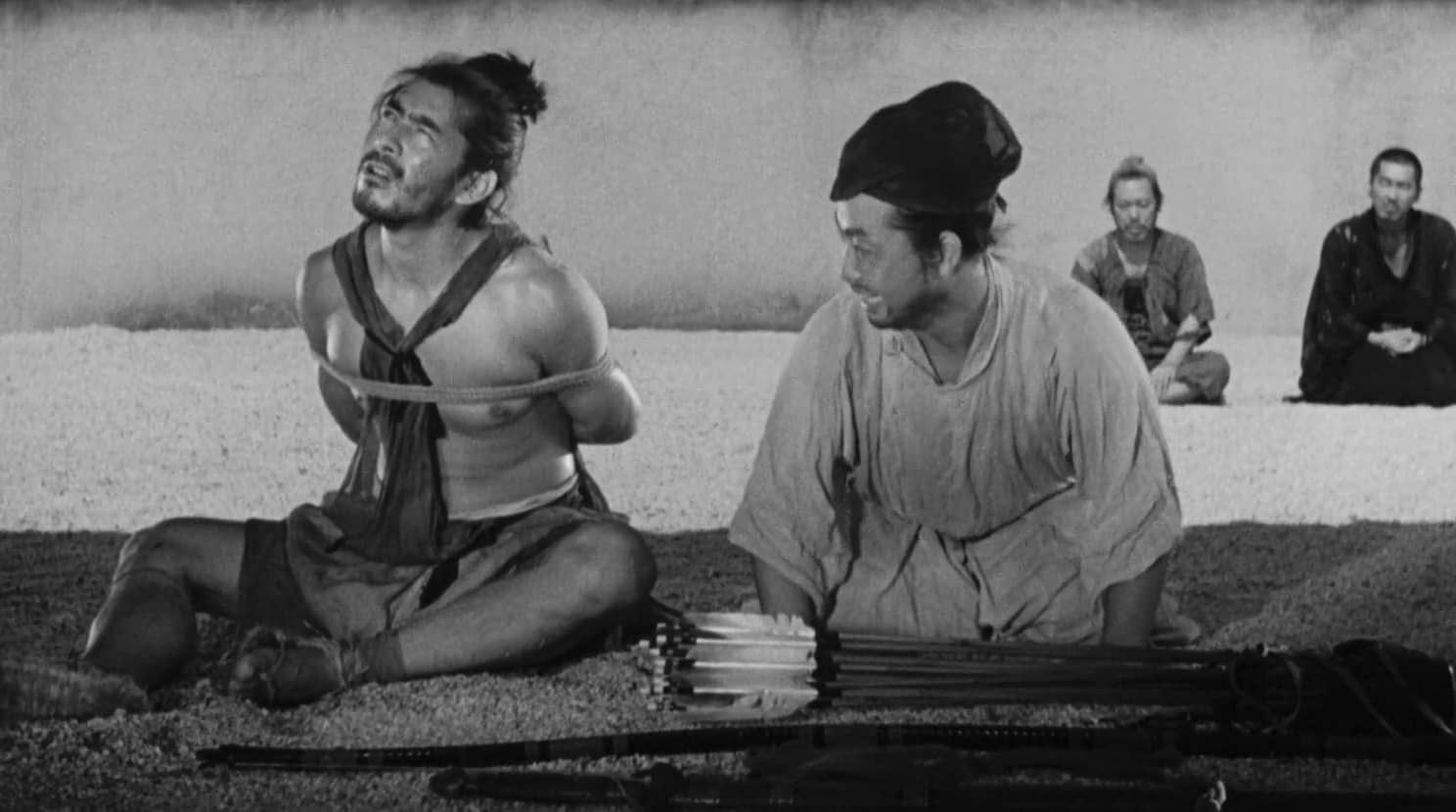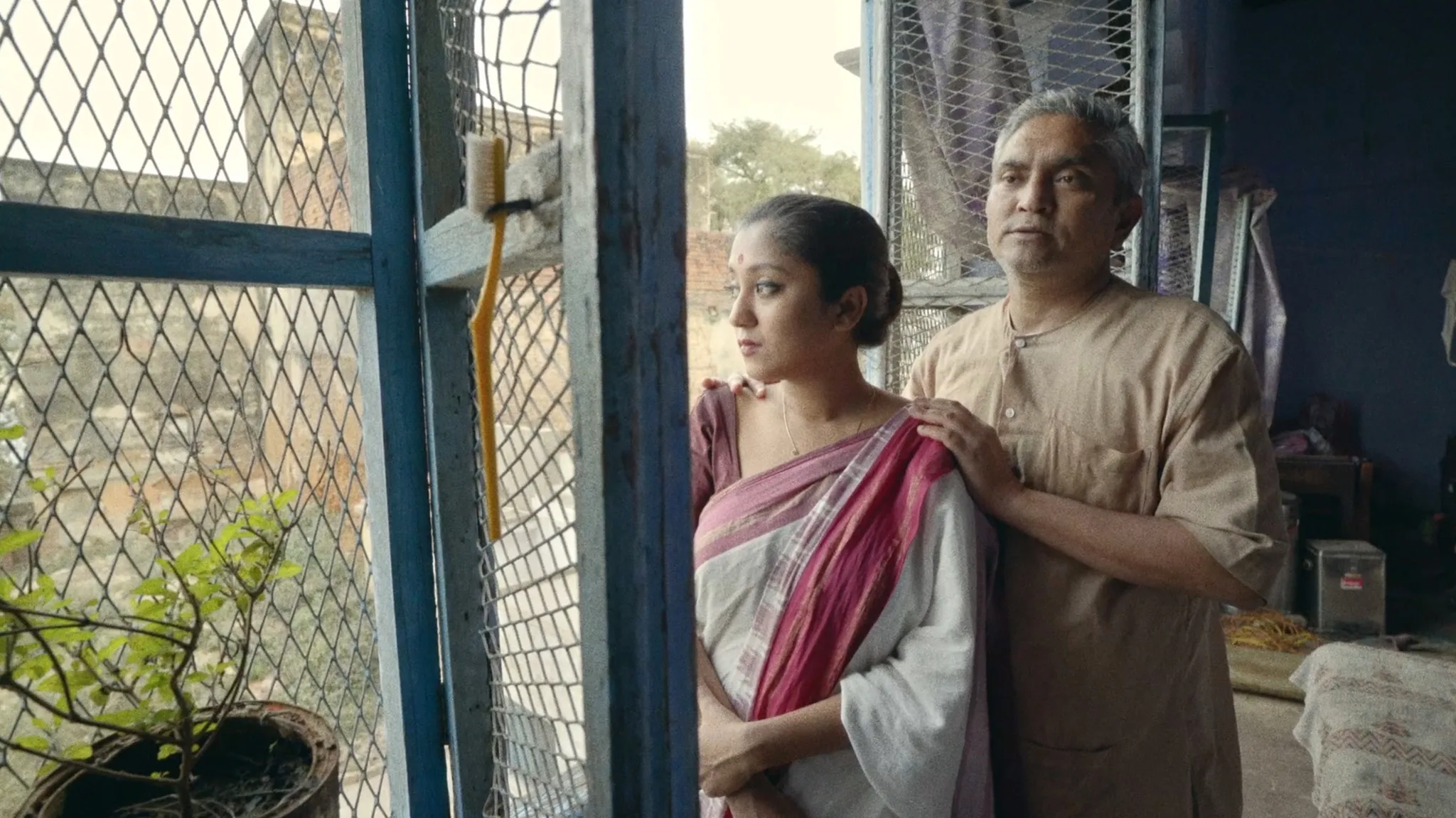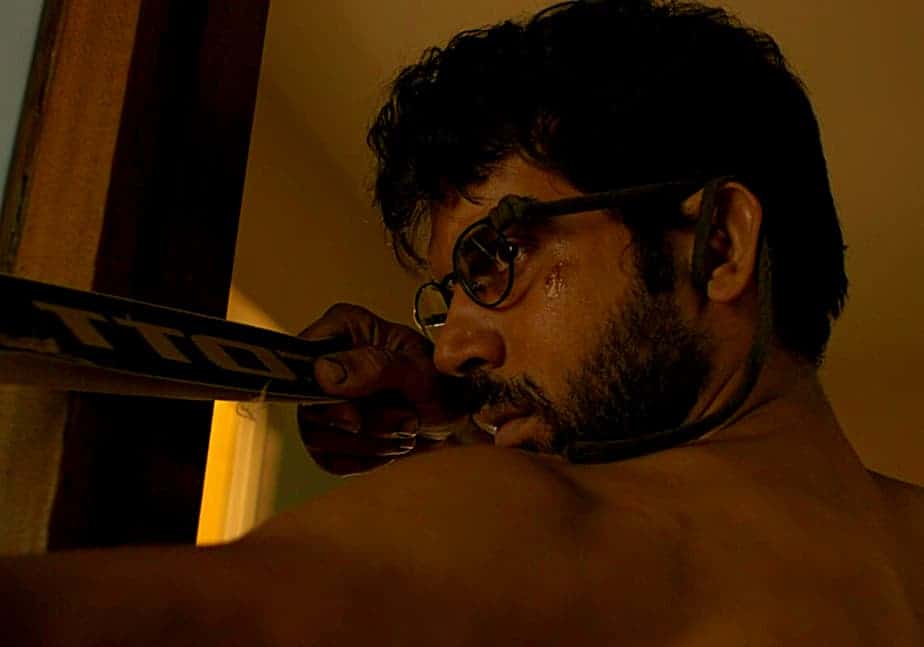The issue with the shortage of water is a global one, with people from all over the world trying to find a solution for something that many consider that can even lead to the next big war. Central and South Asia are among the regions that suffer particularly due to the lack of water, with many experts even considering that “One day the desert will swallow New Delhi” as the narration in the beginning of the documentayr informs us.
“Lakshman-Rekha” is screening at South Asian Short Film Festival

A bit further away from New Delhi, however, something is beginning to change through scholarship and seer tenacity. Nandan Saxena and Kavita Bahl visited the town of Lapadia in Rajasthan, where Laxman Singh, a school dropout, has turned into an unlikely hero for the whole area. As he himself explains, the area was also suffering from intense draught, until him and a number of other people with similar aspiration, stumbled upon a book, “Aaj Bhi Khare Hain Taalab”, which explains that water collects in ponds, and how artificial ponds are created.
Along with his five colleagues, he set out first to repair the village pond and then to create a number of others. Soon, hundreds of villagers joined their cause and the results were remarkable. As soon as it rained, the pond filled up and then recharged the dry wells and the rivers of the area with the surplus in water carrying in neighboring locations. Laxman, again following the instructions of the book, devised a way to slow the drainage of the rainwater by digging T-shaped ditches designed to hold 9 inches of water. A bit after that, as the documentary shows, the area turned green, essentially having solved the water shortage problem, even during the draughts.

Laxman and his crew then proceeded on teaching this method to neighbouring villages, eventually galvanizing 58 more. The local government, which was initially against their plans, saw their efforts, which also included “negotiations' with local authorities and convincing the Hindus and Muslims to work together, and eventually adopted and replicated it, extending the whole plan to 700 villages. This aspect also presents another comment the filmmakers want to make, about the great results the cooperation between the authorities and the various aspects of Indian society can bring. Another comment derives from Laxman, who clearly states that the fact that the people have forgotten their tradition, and that the new style of education is focused almost exclusively on economy, is where a number of issues troubling India nowadays derive from.
Nandan Saxena and Kavita Bahl present this genuine success story in a combination of Laxman's narration, footage from his continuous efforts to educate locals about the benefits of having ponds, and images of the transformed area with their own and Sanjay Malakar's cinematography capturing the latter with realism and artistry. The panoramic shots of the area and the intense zoom-ins in the fauna in particular, work exceptionally well in that regard, with the same applying to the antithesis with the images of New Delhi and other areas that have not adopted the plan and are still suffering from draught. In that regard, Saxena's editing also works quite well in the juxtaposition of the various elements of the narrative, although a bit more trimming, particularly in the singing and various people talking about their issues, would definitely benefit the movie.
This is but a very small issue however, and the documentary, as a whole, emerges as a great effort, particulalry because it present a success story with realism.














